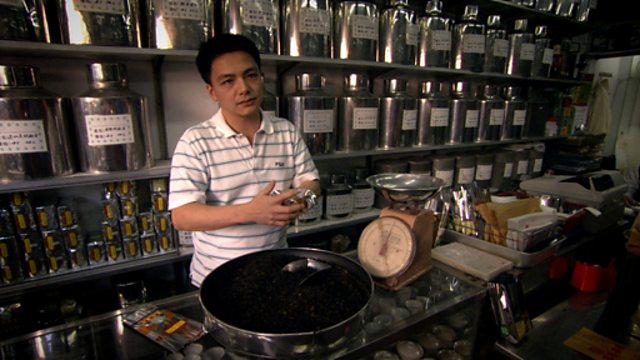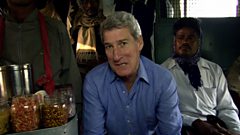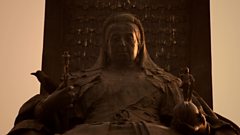
Was the British Empire a force for good? (pt 1/2)
How British rule contributed to the modernisation of Hong Kong and its position as a wealthy trading city. Hong Kong's present day success masks a darker origin.
The story of how Hong Kong came under British control reflects the Empire鈥檚 often ruthless pursuit of profit. It was borne from the English passion for a cup of tea. In the early 19th century, China was virtually the only place where tea was grown. But for 300 years, the country had been closed off from international trade.
Tea brought significant revenue for the British government through taxation, but China was only prepared to trade in exchange for silver. To get the tea they craved, the British had one thing the Chinese craved even more 鈥� opium. The drug was illegal but there were an estimated 12 million peasants addicted in China.
Selling Indian opium for Chinese tea was one of the most lucrative deals empire traders had. So when the Emperor seized control of more than 1000 tonnes of British opium in 1839, the two great empires were set on a collision course. The Chinese army were no match for Britain's gunboats and the country was forced to open up to British trade.
There are references to opium addiction in this clip.
Duration:
This clip is from
More clips from Empire - Learning Zone
-
![]()
How did Victorian values affect life in the British Empire?
Duration: 08:01
-
![]()
Why does the British Empire matter?
Duration: 02:01
-
![]()
What legacy has the British Empire left behind?
Duration: 02:33
-
![]()
What can cricket tell us about the British Empire?
Duration: 05:48





